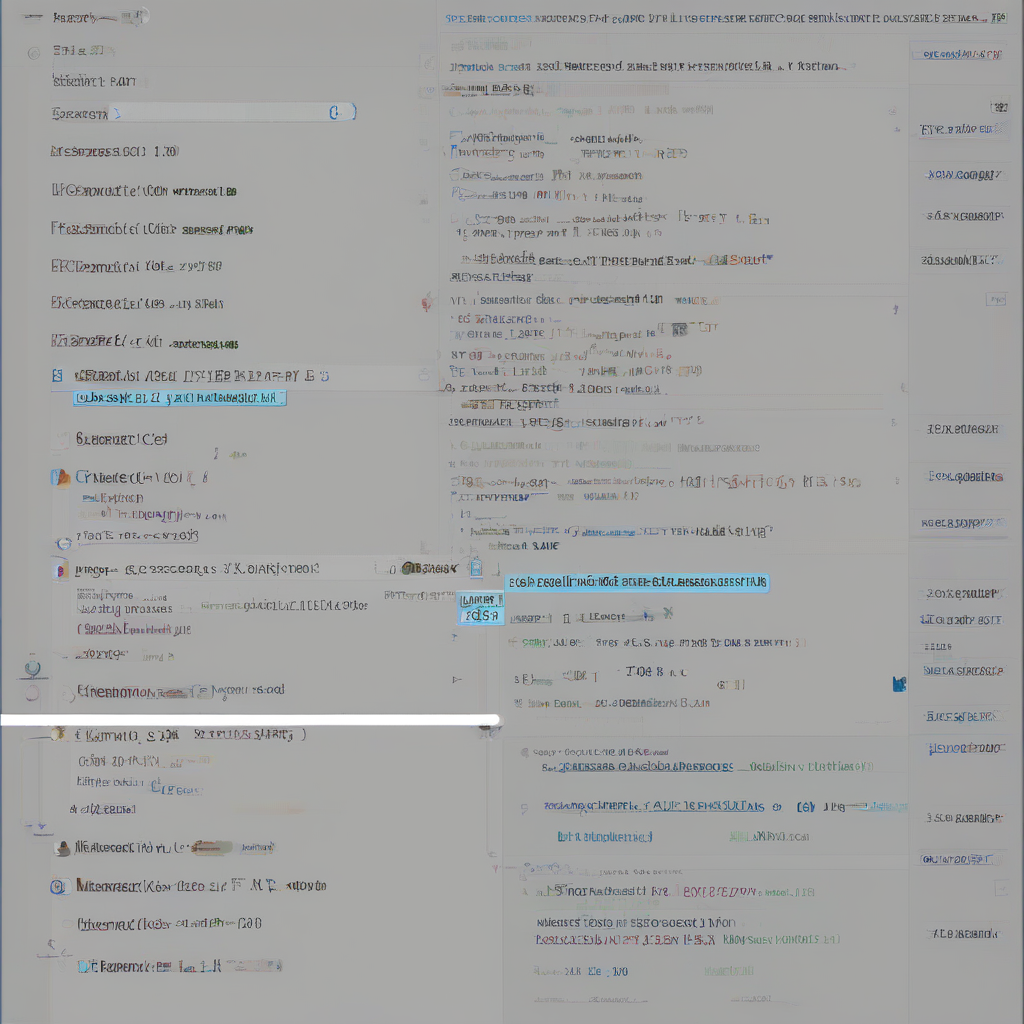Does Paying Down Credit Cards Improve Your Credit Score? A Comprehensive Guide
Navigating the world of credit can feel overwhelming, especially when it comes to understanding how your actions impact your credit score. One common question that arises is: does paying down credit cards improve your credit score? The answer is a resounding yes, but the intricacies of how it works can be nuanced. This comprehensive guide aims to demystify the relationship between credit card payments and your credit score, providing actionable insights to help you optimize your financial well-being.
Understanding Credit Utilization and Its Impact
Credit utilization ratio is a key factor that significantly affects your credit score. It represents the percentage of your available credit that you’re currently using. The lower your utilization ratio, the better it generally looks to lenders. Here’s why:
- Lenders perceive low utilization as responsible credit management. When you use a small portion of your available credit, it suggests you’re financially responsible and capable of handling your debts. This makes you a more appealing borrower to lenders.
- High utilization can signal financial distress. Conversely, a high utilization ratio can be interpreted as a sign that you may be overextended financially. Lenders may view this as a potential risk, making them hesitant to lend to you.
How Paying Down Credit Cards Improves Your Credit Score
Paying down your credit card balances directly influences your credit utilization ratio, thus impacting your credit score in several ways:
- Decreases Your Utilization Ratio: As you reduce your outstanding balance, the amount of available credit you’re using decreases. This leads to a lower utilization ratio, which is generally viewed favorably by credit scoring models.
- Demonstrates Responsible Credit Management: Consistently paying down your credit card balances demonstrates your ability to manage debt effectively. This positive behavior is reflected in your credit score.
- Improves Your Credit History: Making timely payments on your credit card accounts contributes to a positive credit history. Lenders see a consistent history of on-time payments as a sign of reliability and trustworthiness.
- Increases Your Available Credit: As your balance decreases, the available credit on your card increases. This can lead to a lower utilization ratio, even if you keep spending at the same level.
Key Strategies for Paying Down Credit Card Debt
While simply paying down your credit card balances can improve your credit score, adopting strategic approaches can maximize the positive impact. Consider these effective strategies:
- Focus on the Highest Interest Rate Cards: Prioritize paying down credit cards with the highest interest rates to minimize the overall cost of borrowing. This approach can save you significant amounts in interest charges over time.
- Utilize the Snowball Method: This strategy involves focusing on paying off the smallest balance first, even if it doesn’t have the highest interest rate. The feeling of accomplishment from paying off a debt can provide motivation to continue tackling other balances. The snowball method can be particularly helpful for individuals who struggle with maintaining motivation for long-term financial goals.
- Implement the Avalanche Method: The avalanche method prioritizes paying down the debts with the highest interest rates first. This approach can save you more money in the long run, as it reduces the amount of interest you accrue. While it may take longer to see results, the avalanche method can be a more financially efficient approach.
- Explore Balance Transfer Offers: Some credit cards offer balance transfer options with promotional interest rates. These offers can be beneficial for transferring high-interest balances to cards with lower interest rates, allowing you to save on interest payments and pay down your debt faster.
- Seek Professional Guidance: If you’re struggling to manage credit card debt, don’t hesitate to seek help from a financial advisor or credit counselor. They can provide personalized advice and guidance tailored to your specific situation.
Common Myths About Paying Down Credit Cards
Misinformation about credit scores and credit card debt can lead to detrimental financial decisions. Here are some common myths to dispel:
- Myth: Closing credit card accounts improves your credit score. Closing credit card accounts can actually hurt your credit score, especially if it significantly reduces your available credit. This can increase your utilization ratio and negatively impact your credit score.
- Myth: Only paying the minimum amount due is sufficient. While making the minimum payment avoids late fees, it does little to reduce your balance or improve your credit score. Aim to pay more than the minimum amount whenever possible to accelerate debt repayment and improve your credit utilization.
- Myth: Paying down credit card debt doesn’t affect your credit score. This is a misconception. Paying down your credit card balances directly influences your credit utilization ratio, which is a significant factor in credit score calculations.
- Myth: It’s better to keep a high balance on your credit cards to show you’re creditworthy. This is an outdated and dangerous misconception. Lenders don’t view high balances as a sign of creditworthiness. In fact, it can raise concerns about your ability to manage debt.
Conclusion: The Power of Responsible Credit Management
Paying down your credit card balances is a crucial step towards improving your credit score and achieving financial stability. By understanding how credit utilization works and implementing strategic repayment plans, you can significantly improve your creditworthiness and unlock better financial opportunities. Remember, responsible credit management is a continuous journey. Consistent efforts in paying down credit card balances will lead to a healthier credit score and a brighter financial future.





